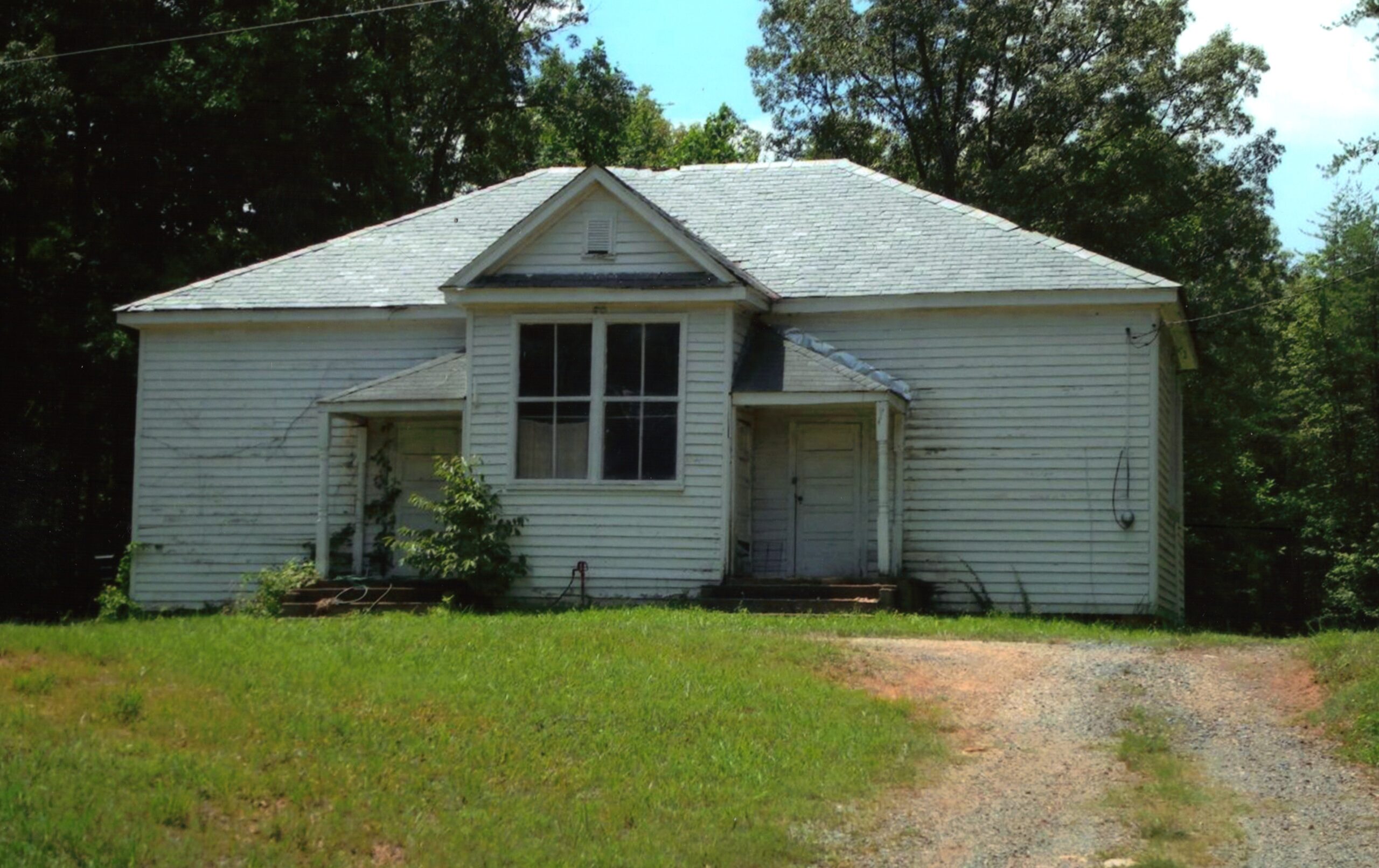Unethical hunters
Published 1:09 pm Tuesday, January 8, 2019
In a guest column published Friday, Jan. 4, “Majority of Hunters are Ethical,” Jordan Miles stated he “respectfully and strongly” disagreed with my “opinion” on the behavior of hunters who “use beagles, hounds, or any other type of dog to help bag a deer.” I am offering the following response to Mr. Miles.
First, my viewpoint of Dec. 19, was not simply my “opinion.” Although I am not a hunter, I do not object to hunting and clearly stated that my uncle was a “still” hunter I greatly respected. I understand the need for wildlife management, including the provisions for deer management and the regulations for hunting provided by the Virginia Department of Game and Inland Fisheries. I have also read the laws regarding hunting in the Virginia Code. My viewpoint described the events I have experienced with dog hunters over a ten-year period. I have asked dog hunters with weapons to leave my posted property, been cursed at by dog hunters, picked up litter from hunters, taken care of injured and half-starved dogs, retrieved hunting dogs and called their owners to pick them up, and returned home to find a decapitated deer carcass in my front yard. These are not opinions, but rather, factual statements of events. Unfortunately, I am not alone in these experiences. I have spoken to other landowners, still hunters, and former dog hunters in both Buckingham and Prince Edward who have experienced similar events.
Second, I agree completely with Mr. Miles’ statement that it is wrong for hunters to allow their dogs to “roam over others’ property.” The problem here is that the lands leased to hunt clubs are often too small in acreage or are non-contiguous; therefore, the dogs quickly chase the deer from the permitted leased land across multiple properties. I have called owners of dogs I’ve found running on my property who loosed their hounds on leased land 4-5 miles away from mine. My property fronts on two intersecting state roads. Across from my property on one road, 300-400 acres are leased to two or three different hunt clubs. Across from my property on the other road is hunt club land of less than 100 acres. I spent Saturday, Jan. 5, hiking in the back woods on my property following dogs set loose in the properties across the road. My husband observed the dogs as they charged across the road from the hunt club property onto ours. As I watched and listened, the dogs chased south, but before they approached the road to the south, the chase turned north. The 4-5 pickup trucks on the roadway gunned their engines, raced to the intersection and turned down the other road fronting my property. When the dogs came to the fence around the cow pasture adjoining our property, they reversed course back to the south, as did the line of pickup trucks driven by the hunters tracking their dogs.
Trending
In January, 2016, the Virginia Department of Game and Inland Fisheries (VDGIF) issued “A Report on Deer Hunting with Dogs.” The VDGIF indicated average deer chases extend 0.8-2.4 miles, often exceeding the smaller acreage and increasingly fragmented land available to those hunting deer with dogs. Changes in demographics and land use, resulting in hunter and hound encroachment on adjacent land, bring dog hunters in conflict with still hunters, farmers and other landowners. So, too, does Virginia Code and ordinances for activities such as “road hunting” which vary greatly from one locality to another. Virginia is the only state giving deer hunters the right to enter private, posted property at any time to retrieve their dogs. Hunters are required by law not to carry their weapons onto private property when retrieving their dogs, unless they have permission from the landowner to enter said property in order to track a wounded deer. This law, however, can be easily violated. Under current law, hunters cannot intentionally release their dogs on a person’s land without consent, but they can and do claim that they are retrieving their dogs or tracking a wounded animal. Landowners find it difficult, and even intimidating, to prove the violation when confronted with an angry deer hunter with a weapon. Currently, the burden of proof is with the landowner who has little recourse.
I have read the Virginia Hunting Dog Alliance Code of Ethics created in 2011 and discussed by Mr. Miles. I am sure he is correct in his statement that he and many other deer hunters who hunt with dogs are ethical. Unfortunately, I have not yet met those hunters in the eight years since the code was written. A Code of Ethics is useless unless those who believe in that code are able to enforce it and prohibit those who do not hunt ethically from hunting. The 2016 VDGIF report discussed a number of non-regulatory and regulatory approaches to the issues I have raised. I believe it is time to encourage our lawmakers to revisit those suggestions.
RUTH LYN MEESE is a resident of Buckingham. Her email address is jim.w.windle@gmail.com.





